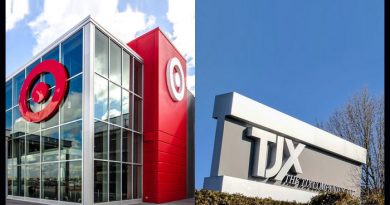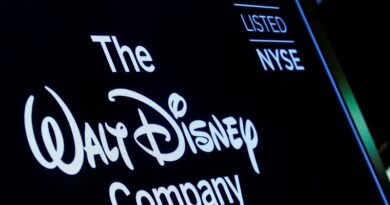'World's first fossil-free steel' produced in Sweden and delivered to Volvo
- Sweden's SSAB says it has "produced the world's first fossil-free steel" and has started delivering it .
- The news represents the latest development for the Hybrit project, which is owned by SSAB, Vattenfall and LKAB.
In this article
- SPOT
- BMW-DE
- SSAB.A-SE
Sweden's SSAB says it has "produced the world's first fossil-free steel" and has started delivering it to the Volvo Group, its first customer.
The news represents the latest development for the Hybrit project, which was set up in 2016 and is owned by SSAB, energy firm Vattenfall and LKAB, a mining and minerals group. Both Vattenfall and LKAB are owned by the Swedish state. The idea underpinning Hybrit is to use "100% fossil-free hydrogen" rather than coal and coke in steel production.
In an announcement on Wednesday, SSAB called the trial delivery "an important step on the way to a completely fossil-free value chain for iron- and steelmaking."
Looking ahead, the goal is to develop the technology so it can be demonstrated at an industrial scale. It's hoped this could happen as early as 2026.
"The first fossil-free steel in the world is not only a breakthrough for SSAB, it represents proof that it's possible to make the transition and significantly reduce the global carbon footprint of the steel industry," Martin Lindqvist, SSAB's president and CEO, said.
Read more about clean energy from CNBC Pro
UBS names 7 stocks set to pop on the green hydrogen theme
A top ESG investor picks up under-the-radar software stock for her portfolio
Renewable natural gas is a nascent but growing market — how to play it
Steel production is one of many industrial processes ripe for improvement when it comes to emissions and other metrics related to sustainability. The challenge is a big one, however.
According to the International Energy Agency, the iron and steel sector is responsible for 2.6 gigatonnes of direct carbon dioxide emissions each year. In 2019, this figure was greater than the direct emissions from sectors such as cement and chemicals.
The IEA adds that the steel sector is "the largest industrial consumer of coal, which provides around 75% of its energy demand."
Hybrit is not the only project looking to mitigate the effects of steel production. Another, H2 Green Steel, plans to build a steel production facility in the north of Sweden that will be powered by a "green" hydrogen plant.
Back in February the Swedish firm, which is backed by investors including Spotify founder Daniel Ek, said production would start in 2024 and be based in the country's Norrbotten region. By 2030, the aim is for the business to have the capacity to produce 5 million tons of steel per year.
Hydrogen can be produced in a number of ways. One method includes using electrolysis, with an electric current splitting water into oxygen and hydrogen.
If the electricity used in the process comes from a renewable source such as wind or solar then it's termed "green" or "renewable" hydrogen.
As well as steel production, aluminum manufacturing is another sector where renewables could have a role to play.
Earlier this year German automaker BMW said it had started to source and use aluminum produced using solar energy.
Source: Read Full Article



